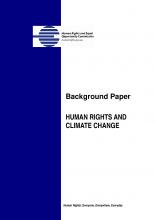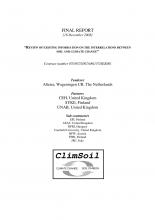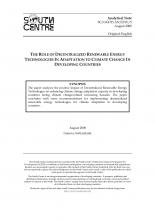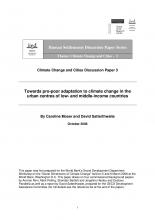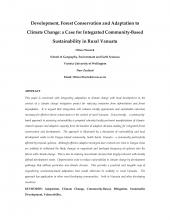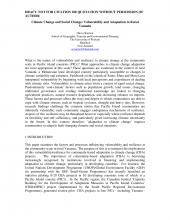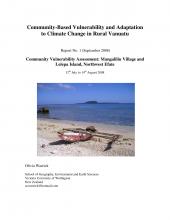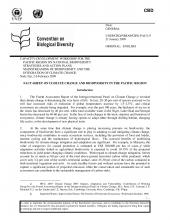Fact sheet on climate change and biodiversity in the Pacific region [presented at] Regional capacity development workshop for the Pacific region on National Biodiversity Strategies and Action plans, Mainstreaming of Biodiversity and Integration of Climate change, Nadi, Fiji, 2-6 February 2009


Climate Change Resilience, Island and Ocean Ecosystems
Available Online
The Fourth Assessment Report of the Intergovernmental Panel on Climate Change 1/ revealed that climate change is threatening the very basis of life. In fact, 20-30 per cent of species assessed so far will face increased risks of extinction if global temperatures increase by 1.5-2.5°C, and critical ecosystems are already being degraded. For example, over the past 100 years, the thickness of sea ice in the Arctic has decreased by 40 per cent, while total available water in the Niger, Lake Chad and Senegal basins has decreased by 40-60 per cent, In the face of such changes to the basic structure and functions of ecosystems, climate change is already forcing species to adapt either through shifting habitat, changing life-cycles, or the development of new physical traits.
